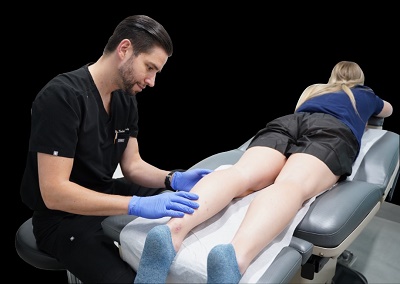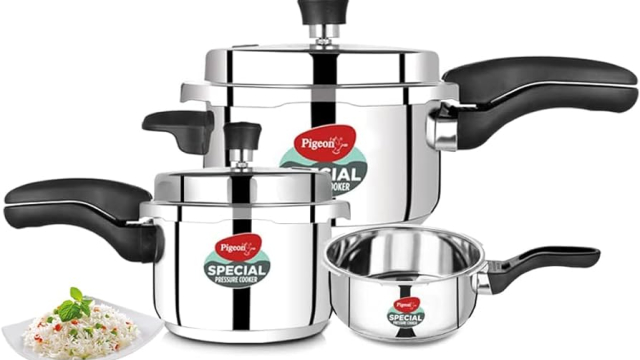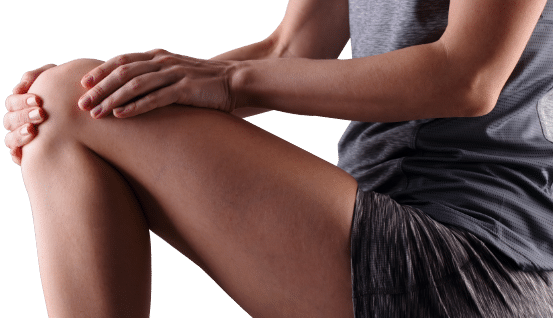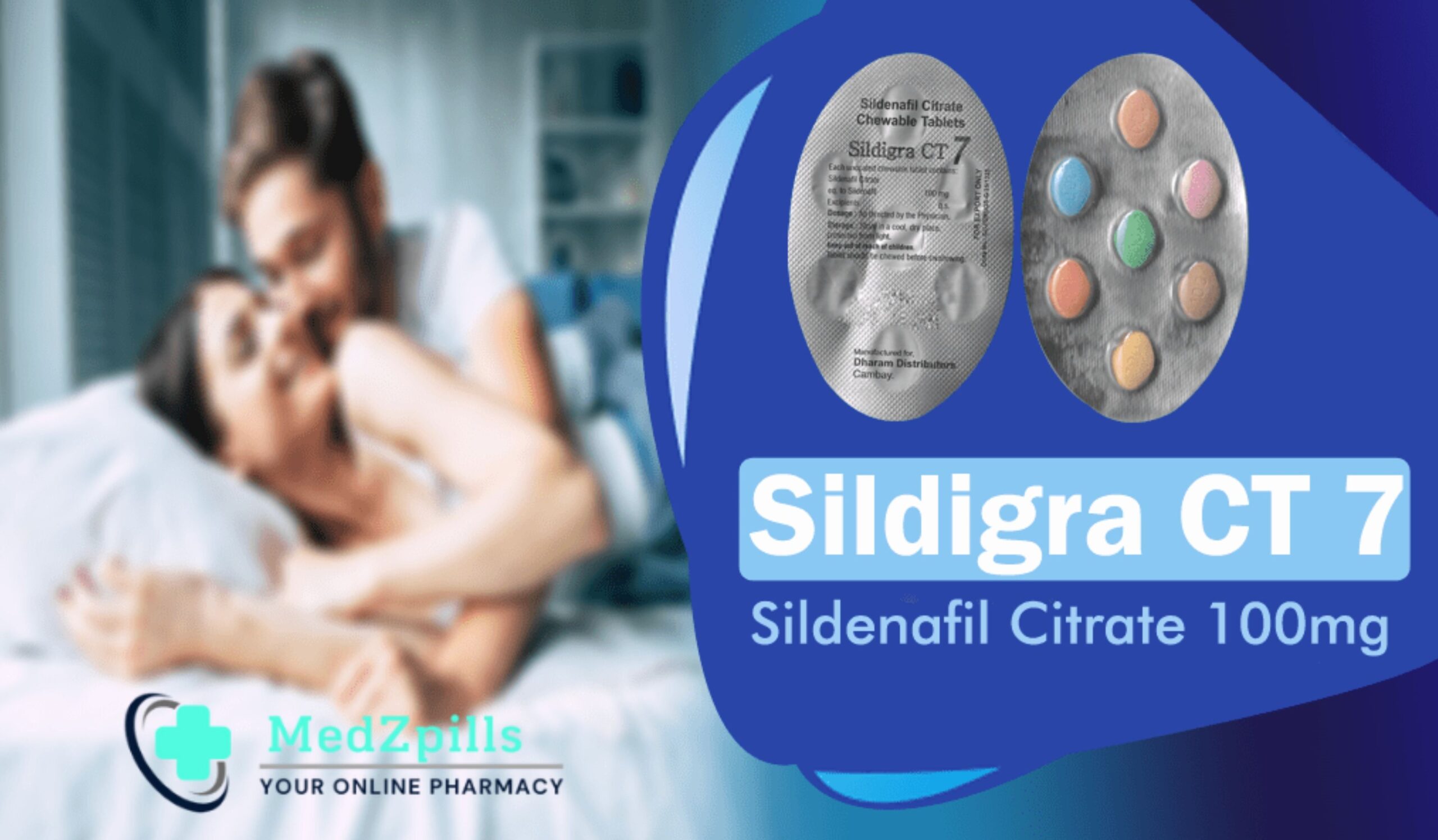If you’ve ever noticed bulging, twisted veins on your legs or experienced discomfort related to vein issues, you might have wondered, What kind of doctor is a vein specialist? Understanding what a vein specialist does and how they can help with vascular health is key to making informed decisions about treatment. In this article, we’ll explore who vein specialists are, what they do, and the benefits of seeing one.
What Kind of Doctor is a Vein Specialist?
A vein specialist is a physician who focuses on the diagnosis and treatment of vein disorders. These medical professionals are often referred to as phlebologists, but many vein specialists come from various medical backgrounds. Here’s a breakdown of the types of doctors who often specialize in treating vein conditions:
- Vascular Surgeons: These are doctors who have received extensive training in the diagnosis and treatment of blood vessel disorders, including veins and arteries. They handle more complex cases and surgical procedures for severe venous conditions.
- Phlebologists: Phlebologists are physicians who specialize specifically in the treatment of vein diseases. While they may not perform surgery, they often provide minimally invasive treatments like sclerotherapy and laser therapy to treat varicose and spider veins.
- Interventional Radiologists: These specialists use imaging techniques to guide minimally invasive procedures to treat vein problems. They are experts in performing treatments like radiofrequency ablation and endovenous laser therapy.
- Dermatologists: In some cases, dermatologists treat superficial vein problems such as spider veins, using techniques like sclerotherapy or laser treatment to improve appearance and relieve symptoms.
Vein specialists often have additional certification in the field of vein care, and they focus on a wide range of vein-related issues, including varicose veins, spider veins, venous insufficiency, and deep vein thrombosis (DVT).
How Do Vein Specialists Diagnose Vein Problems?
Vein specialists are skilled in diagnosing various vein disorders, and they rely on a combination of physical exams and diagnostic tools to determine the best course of action.
One of the most common diagnostic tools used by vein specialists is ultrasound, which allows them to view the veins in real time and assess the blood flow. Ultrasound helps determine whether there is any abnormal vein function, such as blood pooling or improper valve function, which often leads to varicose veins and chronic venous insufficiency.
In addition to diagnostic imaging, vein specialists will evaluate a patient’s medical history, family history, and lifestyle factors to determine if there are any underlying causes contributing to vein problems.
What Treatments Do Vein Specialists Offer?
There are a variety of treatments available for vein problems, ranging from conservative management to minimally invasive procedures. A vein specialist will recommend the best treatment based on the severity of the condition, patient preferences, and overall health. Some of the most common treatments offered by vein specialists include:
- Compression Therapy: For patients with mild symptoms, vein specialists may recommend compression stockings. These garments improve blood flow and reduce symptoms like swelling and discomfort.
- Sclerotherapy: This is a minimally invasive treatment where a special solution is injected into the affected veins, causing them to collapse and eventually be absorbed by the body. It’s often used for spider veins and smaller varicose veins.
- Laser and Radiofrequency Ablation: These procedures involve using heat to close off the affected veins. The heat is delivered through a catheter, causing the vein walls to collapse and seal shut. Over time, the body reroutes blood through healthier veins, and the closed vein is absorbed naturally.
- VenaSeal: This is a newer treatment option where a medical adhesive is used to close the problematic vein. This is a highly effective and minimally invasive option that doesn’t require heat, making it an excellent alternative for patients who are not ideal candidates for laser or radiofrequency ablation.
- Ambulatory Phlebectomy: For larger varicose veins, vein specialists may recommend ambulatory phlebectomy, a procedure in which the vein is removed through small incisions in the skin. This procedure is minimally invasive and can be done under local anesthesia.
- Surgical Options: In severe cases, such as when varicose veins are causing significant discomfort or complications, vein specialists may recommend surgery. Procedures like vein stripping or more complex vascular surgeries may be necessary.
What Conditions Do Vein Specialists Treat?
Vein specialists treat a wide range of vein-related conditions, many of which can cause discomfort, swelling, or even serious health complications if left untreated. Some of the most common conditions treated by vein specialists include:
- Varicose Veins: These are enlarged, twisted veins that often appear on the legs and feet. They can cause pain, swelling, and a heavy sensation in the legs.
- Spider Veins: These are small, dilated blood vessels that appear near the surface of the skin and are often red, blue, or purple. While usually cosmetic, they can sometimes cause discomfort.
- Chronic Venous Insufficiency (CVI): This occurs when the veins in the legs don’t function properly, leading to blood pooling and difficulty returning blood to the heart. Symptoms include swelling, leg pain, and skin changes.
- Deep Vein Thrombosis (DVT): This is a condition in which a blood clot forms in a deep vein, usually in the legs. DVT can be life-threatening if the clot travels to the lungs, leading to a pulmonary embolism.
- Venous Ulcers: These are open sores that occur when veins in the legs don’t circulate blood back to the heart effectively. They often take a long time to heal and may require specialized treatment from a vein specialist.
When Should You See a Vein Specialist?
If you experience any symptoms related to vein problems, it’s a good idea to consult with a vein specialist. Some signs that you may need to see a specialist include:
- Persistent leg pain or discomfort
- Swelling in the legs or ankles
- Visible varicose or spider veins
- Skin changes such as discoloration or sores
- Heavy or achy legs, especially after standing for long periods
Ignoring vein problems can lead to more serious complications, so it’s important to address these issues early with the help of a qualified vein specialist.
The Benefits of Seeing a Vein Specialist
There are several key benefits to seeking treatment from a vein specialist, including:
- Accurate Diagnosis: Vein specialists are experts in diagnosing vein-related issues, and they can accurately identify the root cause of your symptoms using advanced diagnostic tools.
- Customized Treatment Plans: Vein specialists offer a range of treatment options that can be tailored to your specific needs, ensuring that you receive the best care possible.
- Minimally Invasive Options: Many treatments for vein conditions are minimally invasive, meaning shorter recovery times and fewer complications. Procedures like sclerotherapy and laser ablation can be performed in-office and usually don’t require anesthesia.
- Improved Quality of Life: Treating vein issues can significantly improve your comfort, mobility, and overall quality of life. You’ll experience relief from pain, swelling, and other symptoms that might have been limiting your daily activities.
By seeking help from a vein specialist, you can take control of your vascular health and prevent future complications, ensuring a better quality of life.
Conclusion
Understanding what kind of doctor a vein specialist is and how they can help you is the first step toward improving your vascular health. With the expertise of a vein specialist, you can receive accurate diagnoses, personalized treatments, and relief from vein-related conditions that may be affecting your daily life. Whether you’re dealing with varicose veins, spider veins, or more serious vein problems, seeking professional help can provide you with effective solutions and a better quality of life.




